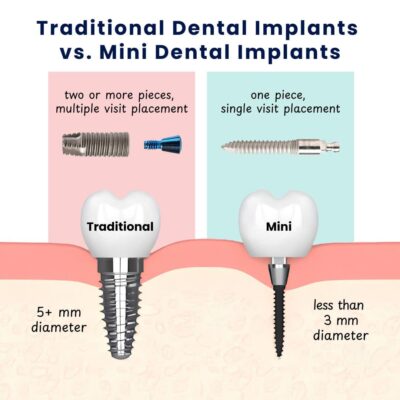What Is TMJ Disorder?
In this video, Dr. Chance McLemore discusses Temporomandibular Joint Disorder (TMD), its symptoms, and the various causes of jaw dysfunction. To receive a personalized treatment plan for TMD, schedule a consultation at Riviera Dental Care today.
Temporomandibular Joint Disorder (TMD) refers to a range of conditions affecting the jaw joint (TMJ) and surrounding muscles. The temporomandibular joint functions like a ball-and-socket joint, similar to the hip, where the lower jaw connects to the base of the skull. Within this joint, there is a cartilage disc, similar to the meniscus in the knee, which helps facilitate smooth movement. If this disc becomes displaced or damaged, it can disrupt jaw function and lead to symptoms such as:
- Limited jaw movement, making it difficult to open or close the mouth fully
- Jaw locking, particularly when yawning or chewing
- Pain in the facial muscles, particularly the muscles of mastication that control biting and chewing
- Headaches and neck pain caused by tension in the jaw and surrounding muscles
- Inflammation in the joint capsule, affecting how the bite comes together
TMD can have several causes, including stress, clenching, grinding, inflammation, or injury to the joint. Because it presents in different ways, diagnosing and treating TMD requires an individualized approach based on the specific symptoms and underlying cause.





